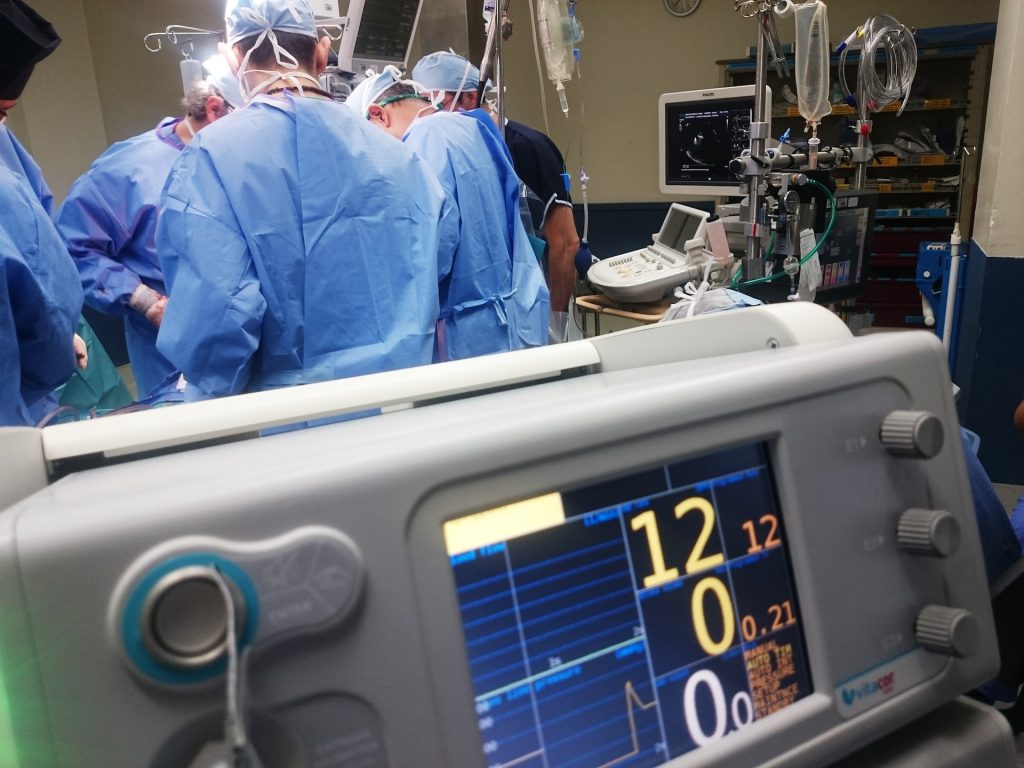
Patients taking Glucagon-like peptide-1 (GLP-1) receptor agonists should stop taking them before they have surgery, due to the risk of aspirating while under general anaesthesia. This is the latest advice from the American Society of Anesthesiologists (ASA).
Initially approved by the Food and Drug Administration (FDA) for type 2 diabetes mellitus and cardiovascular risk reduction, GLP-1 agonists have shot up in popularity due to their effectiveness in weight loss. Despite having recent FDA approval, they have been used off-label for this purpose for quite some time.
When it comes to surgery, a number of organisations have recommended to hold these drugs either the day before or day of the procedure. For patients on weekly dosing, it is recommended to hold the dose for a week, the ASA notes.
GLP-1 agonists are associated with adverse gastrointestinal effects such as nausea, vomiting and delayed gastric emptying. The effects on gastric emptying are reported to be reduced with long-term use, most likely through rapid tachyphylaxis at the level of vagal nerve activation. Based on recent anecdotal reports, there are concerns that delayed gastric emptying from GLP-1 agonists can increase the risk of regurgitation and pulmonary aspiration of gastric contents during general anaesthesia and deep sedation. Patient taking GLP-1 agonists are more likely to have increased residual gastric contents as predicted by adverse gastrointestinal symptoms (nausea, vomiting, dyspepsia, abdominal distension).
The use of GLP-1 agonists in paediatrics has primarily been reported for the management of type 2 diabetes mellitus and obesity. The published literature on GLP-1 agonists in paediatrics is predominantly from paediatric patients 10 to 18 years old and concerns are similar to those reported in adults. During the conduct of general anaesthesia/deep sedation, children on GLP-1 agonists have similar gastrointestinal adverse events at a rate similar to adults.
In a review of the literature, the ASA Task Force on Preoperative Fasting found that, beyond a few case reports, there was little evidence for guidance on preoperative management of GLP-1 agonists. Nevertheless, they made recommendations for elective procedures. In the case of urgent or emergent procedures, they suggested treating the patient as ‘full stomach’.
If the patient’s GLP-1 agonists prescribed for diabetes management are held for longer than the dosing schedule, the guidelines urge surgeons to consider consulting an endocrinologist for bridging the antidiabetic therapy in order to avoid hyperglycaemia.
They further recommend that if gastrointestinal symptoms, such as severe nausea/vomiting/retching, abdominal bloating, or abdominal pain, are present, surgeons should consider delaying elective procedures. If the patient has no gastrointestinal symptoms and the GLP-1 agonists have been held as advised, the surgical team can carry on as normal.

